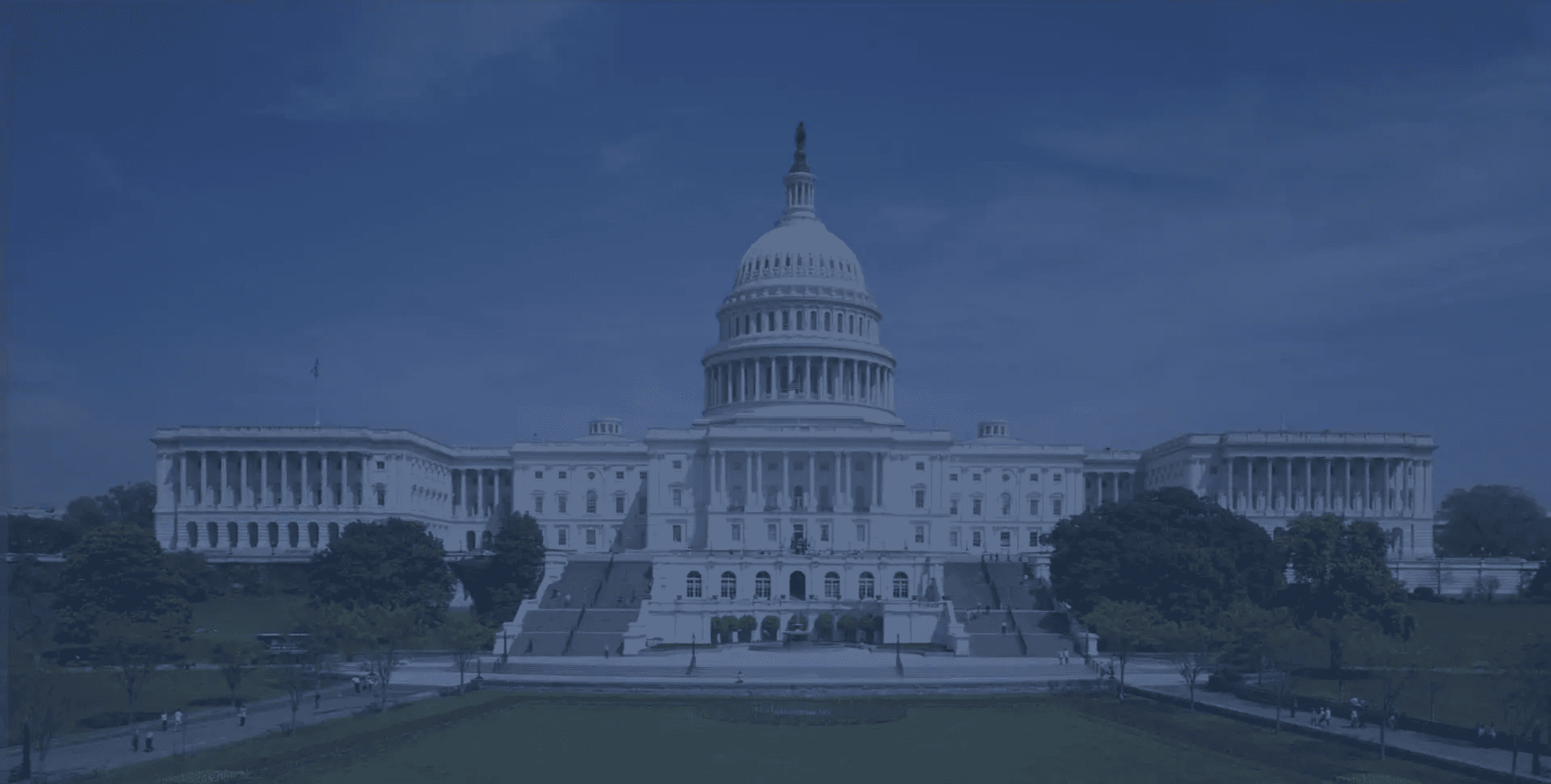
CUBA ASSETS CONTROL REGULATIONS
A violation of the Cuban Assets Control Regulations is a serious offense. Issued by the U.S. Government on July 8, 1963 because of hostile actions by the Cuban Government, Cuban Assets Control Regulations apply to all persons subject to American jurisdiction. This includes all U.S. citizens and permanent residents, whether at home or abroad; all persons located or living within the United States; and any branch of any U.S. government organization located anywhere in the world. With that in mind, OFAC requires specific licensing and/or documentation of travel to Cuba by anyone under U.S. jurisdiction. Here is the general OFAC page on the Cuba sanctions program.
However, keep in mind that sanctions regulations are always subject to change and become outdated quickly as foreign policy evolves and national security threats change. An effective way to learn about the most up-to-date information about sanctions administered by OFAC is to consult with an OFAC and economic sanctions attorney.
UPDATE
There have been significant changes to OFAC's Cuba Sanctions Program and Cuban Assets Control Regulations since President Obama's announcement that the United States would change aspects of foreign policy regarding Cuba. Some of the information below may be outdated. As we begin the process of updating the information, please refer to this OFAC Fact Sheet of Cuba Sanctions Changes.
Penalties for Violations of the Cuban Assets Control Regulations
Because the Cuban Assets Control Regulations are taken very seriously by OFAC, it is important to know and understand the legal parameters through which anyone under U.S. jurisdiction can operate in Cuba or with Cuban nationals. It is just as important to understand that violators of the Cuban Assets Control Regulations are subject to criminal penalties ranging up to 10 years in prison, $1 million in corporate fines, and $250,000 in individual fines. In addition to these, civil penalties can be as much as $65,000 per violation. This information is available in OFAC's informational brochure on the Cuban Assets Control Regulations.
OFAC Licenses for Traveling to Cuba
Anyone who engages in any travel-related transactions without authorization from a general or specific license is in violation of the regulations and may face civil and criminal penalties.
General Licenses
A general license is essentially an exception to the sanctions that is built into the regulations for a specific sanctions program. This often (but not always) includes a general license for legal services, and other times can extend to humanitarian aid and journalistic endeavors.
One does not need further permission from OFAC to act under a general license. However, in the event of an OFAC investigation it is the obligation of a person acting under a general license to demonstrate that they are in full compliance with the limitations and requirements of a general license. Compliance with a general license is often subject to interpretation. Persons acting under a general license may be well-served by having an attorney review their proposed transaction for consistency with the general license.
Regarding the Cuba sanctions program, the following are the legal parameters through which Americans or American entities may engage in Cuba travel-related transactions through the use of a general license:
- American residents/citizens visiting close relatives who are Cuban nationals. See Sections 31 C.F.R. 515.561; 515.339.
- American residents/citizens visiting close relatives that have been assigned as U.S. government employees to the U.S. Interests Section in Havana. See Section 515.561.
- U.S. and foreign government officials and/or officials of intergovernmental organizations who are traveling on official business. See Section 515.562.
- Members of the media and their staff. See Section 515.563.
- Professionals conducting professional research or attending meetings. See Section 515.564.
- Faculty, staff, and students of U.S. accredited universities. See Section 515.565.
- Members and staff of American religious organizations. See Section 515.566.
- Representatives or employees of a U.S. telecommunications service provider. See Sections 515.564; 515.533.
- A representative, employee of, or distributor of certain agricultural commodities, medicine, or medical technology. See Section 515.533.
Specific Licenses
A specific license may be issued for proposed transactions that are not covered by a general license. They are issued on a case-by-case basis. An applicant must submit an application for a specific license to OFAC. Specific licenses must contain specific information regarding the applicant, details regarding the proposed transaction, and other information as may be needed.
The following are common activities through which Americans or American entities may engage in Cuba travel-related transactions through the use of a specific license issued by OFAC:
- Individuals or a group of individuals participating in an educational activity not covered by the general license. See Section 515.565.
- Individuals or a group of individuals involved in religious activities that are not covered by a general license. See Section 515.566.
- Individuals or a group of individuals providing support for Cubans. See Section 515.574.
- Individuals or a group of individuals carrying out a humanitarian project. See Section 515.575.
- Free-lance journalists. See Section 515.563.
- Individuals or a group of individuals participating in research or professional meetings not covered by a general license. See Section 515.564
- Individuals or a group of individuals involved in public performances, clinics, workshops, athletic competitions or exhibitions. See Section 515.567.
- Individuals or a group of individuals acting in participation with private foundations, research, or educational facilities. See Section 515.576.
- Individuals or a group of individuals who are exporting, importing, or transmitting information or informational materials. See Sections 513.332; 515.545.
- Individuals or a group of individuals involved in activities incident to exports to Cuba that have not been covered by a general license. See Section 515.533.
- Individuals or a group of individuals visiting non-Cuban relatives or non U.S. Government employees assigned to the U.S. Interests Section in Havana. See Sections 515.561; 515.339.
Methods of Travel Authorized by OFAC Licenses
Anybody with a license granting them permission to travel to Cuba is permitted to engage in all travel-related transactions for the purpose of both arriving and leaving Cuba and also traveling within Cuba.
This means that anybody who has permission to travel to Cuba also has permission to pay for their transportation while they are on the island. This also authorizes them to buy any goods related to their travel or travel accommodations.
For instance, a licensed person is allowed to rent a hotel room in Cuba for the duration of their stay. They may also pay for bus fare in order to arrive at the hotel. They are also allowed to freely purchase publications, recorded music, and other informational materials. See Sections 515.560; 513.332.
The only restriction placed on excess spending is that it must be for the purpose for which the travel authorization was granted. See Section 515.560.
Any person operating or onboard a vessel going to or from Cuba must also be licensed to do so by OFAC. This includes the vessel operator, crew, and passengers. Vessels carrying passengers to or from Cuba (including from or to a third country) are also prohibited from entering a U.S. port. See Section 515.207(b). Vessels traveling to Cuba are also subject to regulations implemented by the Department of Commerce and the United States Coast Guard. Please see 15 C.F.R. Parts 730 et seq. and 33 C.F.R Section 107.200 et. seq., respectively, for more information. In most instances, licenses will have to be obtained from multiple federal agencies with overlapping jurisdiction over Cuba.
Carrier Service Providers
United States and Cuba must be specifically licensed as a Carrier Service Provider. These licensed operators are referred to as CSPs. A list of authorized carriers can be found here. Any U.S. person traveling to Cuba pursuant to a license is most often required to utilize a licensed carrier service providers to get to Cuba as a condition of their license.
Travel Service Providers
Likewise, any arrangement of travel must be carried out by a licensed Travel Service Provider or TSP. Specifically, this pertains to U.S. persons or those who operate within the United States and provide services akin to those of a travel agent with respect to Cuba (e.g., arranging travel to, from, or within Cuba, selling tickets for flights to Cuba, or reserving and selling accommodations for authorized travelers within Cuba).
Bringing goods of Cuban origin into the United States is strictly prohibited. See Sections 515.207; 515.527.
Is Sending Money to Cuba Allowed?
According to Cuba assets control regulations, authorized travelers are allowed to bring up to $3,000 to Cuba in remittances. See Sections 515.570; 515.560. This is contingent upon whether or not a visa has been issued to each payee. Situations in which other remittances can be brought to Cuba are as follows, pursuant to See Section 515.570:
- Family remittances;
- Periodic $500 remittances;
- Remittances to religious organizations in Cuba;
- Remittances to students in Cuba pursuant to an educational license;
- Emigration-related remittances;
- Remittances from blocked accounts;
- Specific licenses for certain remittances; and
- Remittance forwarders.
Importing and Exporting Goods to/from Cuba
Most often, due to Cuba assets control regulations, individuals are not allowed to import or export anything to Cuba. Although a traveler may be authorized to visit Cuba, there are very limited circumstances in which he or she may bring anything to or from Cuba. This is because the Regulations prohibit any American or American entity from dealing in any property in which any Cuban national or the Government of Cuba has an interest.
Therefore, no Cuban product may be brought into the United States, and no American product may be brought into Cuba. Generally, the only thing that may be brought to the U.S. from Cuba is information and informational materials. This includes certain publications, music, and artwork. More information can be found in OFAC's informational brochure on the Cuban Assets Control Regulations. See Sections 515.207; 501.603; 515.332.
Legal Communication by Mail or Telephone with a Cuban National
Transmission of mail between the United States and Cuba is authorized. A United States telecommunications provider is authorized to provide telephone services between someone in the U.S. and an individual in Cuba. See Section 515.542. Although the Cuban sanctions are very restrictive, human to human communications, and the services necessary to carry out such communications, are not subject to the prohibitions.
A Cuban national may also enter into a contract with an American provider in order to contact a U.S. national. U.S. nationals may freely communicate through the internet with Cuban nationals. See Sections 515.533; 515.542; 515.564; 515.578.
Naming a Cuban National as the Beneficiary of an Estate
Any life insurance policy or estate in which a Cuban national has an interest is automatically blocked. See Section 515.570. Properly planning one's estate is something that must be anticipated by people with relatives in Cuba who may become beneficiaries of an estate.
What to Do in the Event of an Emergency in Cuba
In the event of an emergency in Cuba, you can contact the U.S. Interests Section in Havana by calling (537) 833-3551 through 3559 during business hours. If you have an emergency and it is after regular business hours, call (537) 833-2302. If you want to know more about Cuba assets control regulations, speak with a capable OFAC sanctions lawyer that could answer your questions.
